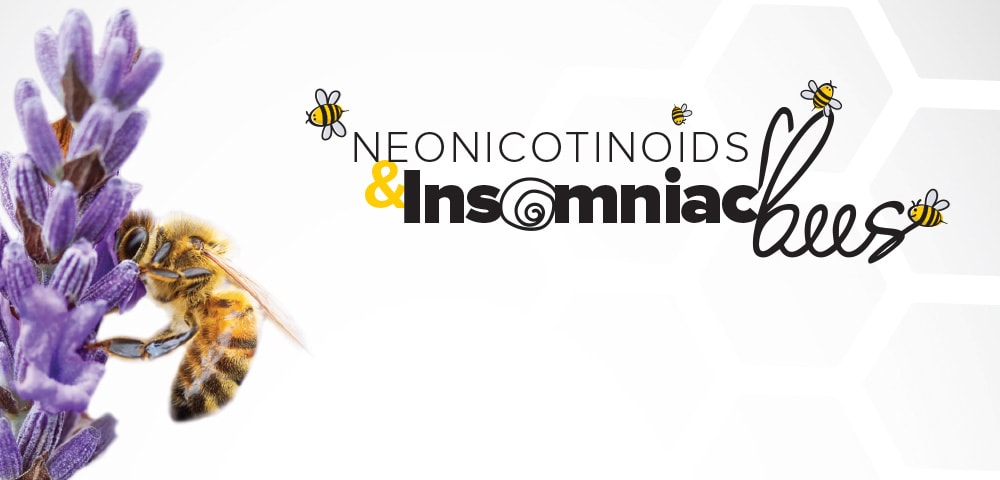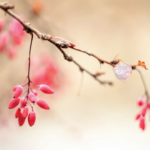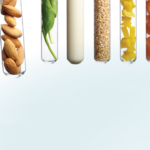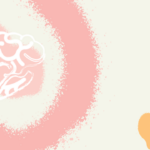
Up at night, sleepy all day – that’s not good for anybody, including bees and other flying insects.
British scientists have discovered that neonicotinoids, a particular class of pesticide, are wreaking havoc with the bees’ body clocks. Cellular changes caused by pesticides make it hard for flying insects to tell day from night. Specifically, the chemical makes bees reluctant to forage during the day and more prone to making their rounds at night. Of course, at night, flowers are not open, so bees cannot harvest pollen.
This is terrible news, given that 90% of wild plants and 75% of the world’s leading crops depend on animal pollination – mainly bees. We owe one out of every three bites of food we eat to honey bees. In the United States alone, bees increase crop values by more than $15 billion each year.
For a long time, we’ve known that bee populations are threatened by habitat loss, climate change, and disease. We’ve also learned that certain pesticides are lethal to the bee population. But this new research shows us how neonicotinoids pose a dangerous threat to bees. Besides interfering with the bees’ circadian rhythm, the research also discovered that these pesticides can damage baby bees’ brains and make their mothers poor caregivers.
The next time you bite into a delicious, juicy piece of fresh fruit, remember these tiny creatures and how hard they work for your health and enjoyment, and please consider all the things you can do to help them survive.
What can you do to support the bees?
- Ensure the people you vote into office support the ban of dangerous chemicals.
- Stop using weed killer on your grass. Let dandelions and clover grow in your yard.
- Stop using and supporting pesticides and herbicides. Buy organic when possible. Get to know your local farmer and buy CSAs (community supported agriculture).
- Shop at natural health stores who support local produce.
- Plant bee-friendly flowers and herbs, such as lavender, borage, and poppies.
- Place a large jar lid or a shallow container in your garden and keep it filled with water so the bees have a place to re-hydrate. Add a few tiny twigs or a few rocks, so the bees have a place to land in the container.












